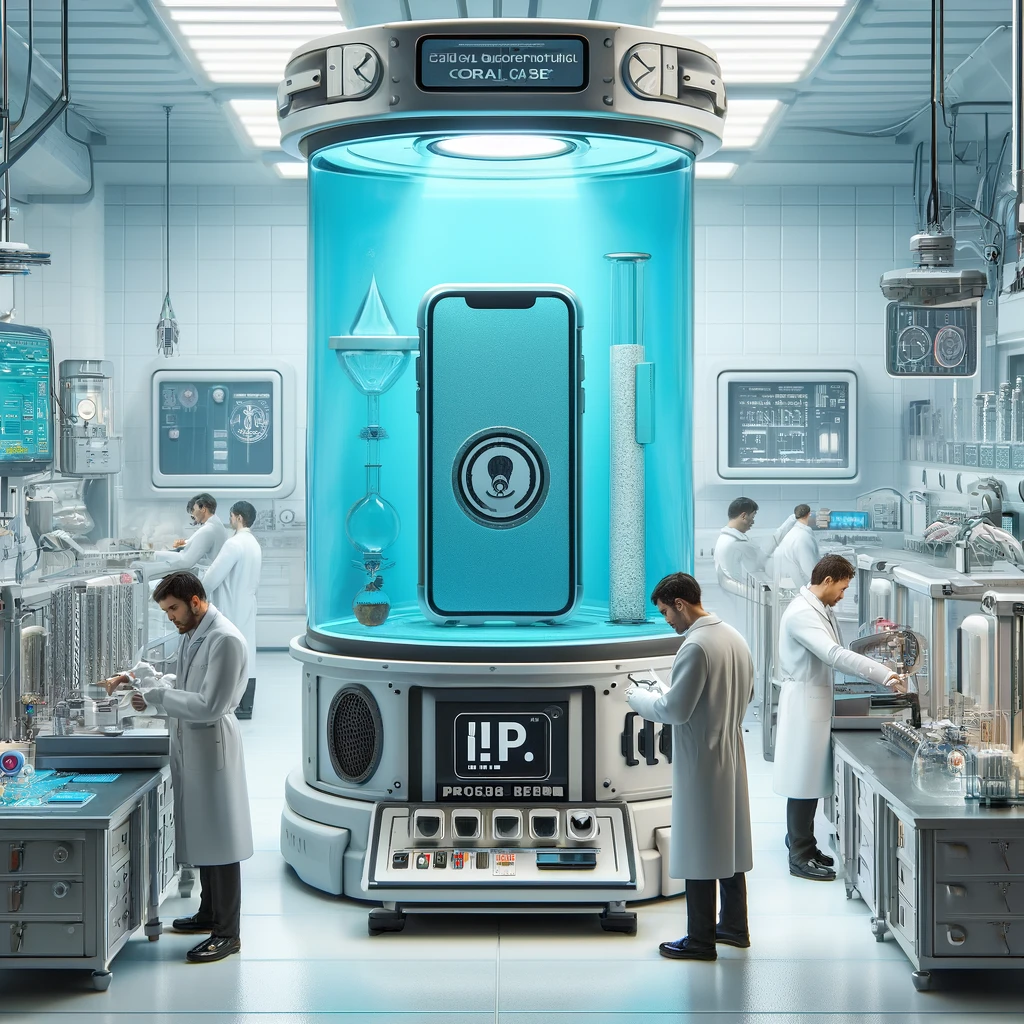Blog, IP Ratings
IP Ratings Explained: How We Test Our Cases
IP Ratings Explained: How We Test Our Cases
At Coral Case, we understand that when you purchase a mobile case, you’re not just buying a product; you’re investing in protection. This is especially true in Australia, where the diverse climates and rugged landscapes can pose a real threat to your electronic devices. That’s why we take our IP ratings seriously, ensuring each case we sell meets stringent standards of dust and water resistance. But what goes into testing these cases? Let’s take a closer look.
What are IP Ratings?
Before we dive into our testing processes, it’s crucial to understand what IP ratings are. IP, or Ingress Protection ratings, are standards used to define levels of effectiveness against intrusion from foreign bodies and moisture. These ratings have two digits:
- The first digit (0-6) indicates protection against solid particles like dust.
- The second digit (0-8) indicates protection against liquids like water.
An IP68 rating, for example, signifies that a device is completely dust-tight and can be submerged in water under specified conditions without damage.
Our Testing Process
At Coral Case, our IP rating testing process is rigorous and thorough, involving several stages to ensure that each case we offer provides the protection it promises.
1. Dust Resistance Testing
- Simulation: We simulate a variety of environments, from the dusty Outback to sandy beaches, to ensure that our cases can withstand exposure without letting particles inside.
- Procedure: Cases are placed in a dust chamber where fine talcum powder is circulated for up to 8 hours, mimicking exposure to extreme dust conditions.
2. Water Resistance Testing
- Immersion Tests: For cases with a high IP rating (IP67 and above), we conduct immersion tests. These involve submerging the case in water at a depth specified by its rating for a certain period, usually 30 minutes.
- Water Jet Tests: Lower IP ratings (like IP64) are tested with water jets from various angles to ensure they can handle splashing water without leakage.
3. Quality Assurance
- Random Sampling: After testing, cases are randomly selected for additional testing to ensure consistent quality across all batches.
- Real-World Testing: We also conduct field tests, where cases are used in real-world scenarios to monitor their performance under actual conditions.
Why Our Testing Matters
Protection Guarantee
Our testing guarantees that when you choose a Coral Case, you’re choosing a case that truly protects your device according to international standards.
Customer Trust
Transparency in our testing process builds trust with you, our customers, ensuring you know exactly what your case can handle.
Innovation
Continual testing pushes our products to evolve, leading to innovations in materials and design that enhance both protection and usability.
Beyond the Lab: Real-World Applications
To bring our testing from the lab into real life, we encourage our customers in Australia to share their experiences. Whether it’s a surfer whose iPhone survived a wipeout or a hiker whose Google Pixel weathered a storm, your stories inspire and validate our commitment to quality.
Conclusion
Understanding the rigor behind our IP ratings testing helps underscore the reliability of Coral Case products. As adventurers, travelers, and everyday users across Australia rely on their electronic devices, we’re here to ensure those devices are protected, no matter the circumstances.
Visit coralcase.com.au to explore our range of IP-rated cases, and trust that with Coral Case, your device is truly safeguarded.


